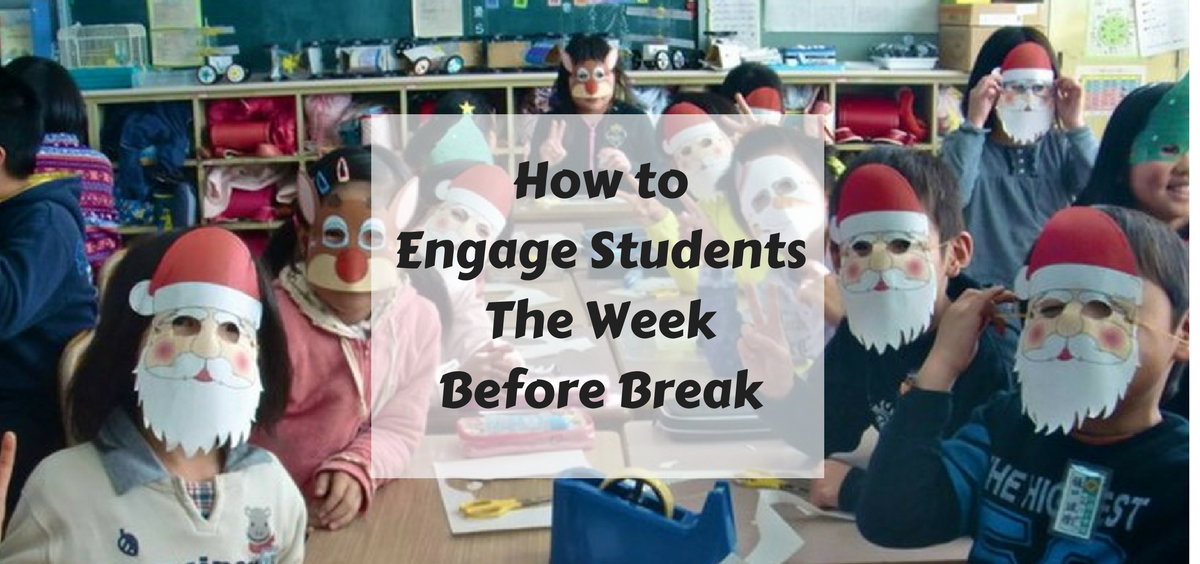What are some things you need to know about teaching students whose first language is not English? Today we share part one of a two part series about successfully working with ELLs. We reached out to two teachers who specialize in teaching students who are learning English. They have some excellent suggestions to help you welcome English language learners into your classroom.
5 Things English Language Learner (ELL) Teachers Want You to Know
By Charissa McAuliff and Carolyn Wiezorek
Teachers of students for whom English is not their first language find themselves advocating for students and families in ways that extend beyond the school day and beyond the school walls. For many families, the ELL teacher is their connection to the new world. He/she holds powerful knowledge of how to successfully navigate the unpredictable new territory. We think administrators, classroom teachers, specialist teachers, paraprofessionals, office staff, custodians, lunch staff, and others, need to know a few things about English Language Learners in your schools and communities.
1.Parents of ELLs want what is best for their children. They may not know how to navigate the educational system or how to help their children. In addition, they may not have the language skills to express questions and/or concerns.
2. Countries within a given continent have unique cultures. While Koreans, Chinese, and Japanese hail from Asia, they may have few commonalities. In addition, many cultures exist within a given country. For example, Kenya has 42 tribes and each one practices different traditions and rituals. Having similar physical features does not translate to having the same culture. We cannot make assumptions.
3.English is challenging. There are more than 500 ways to represent the 44 phonemes (sounds). For example, the “k” sound could also be represented a “c” as in carrot, “ck” as in duck, “ch” as in anchor, or “que” as in mosquito. Even when decoding is mastered, new vocabulary, various word meanings, and figurative language stump even strong readers.
4.Your students may speak languages that are not Latin-based. Think about how difficult it would be for you to learn Russian, Japanese or another language that has a completely different set of symbols.
5.Lack of language is not a disability. While the language learners in your class may not be proficient and may score poorly on assessments, lack of language itself is not cause to entitle a student. With the right supports and learning experiences, most language learners will thrive. Also, ELLs often understand content concepts and possess many skills, but may not have the language skills to express understanding or the opportunity to demonstrate content-related skills. So, make sure to allow multiple opportunities for students to show what they know.
We thank you for welcoming and embracing English Language Learners in your schools and classrooms. Under the right conditions, all members of the school community benefit from the diversity and cultural richness each individual contributes.
 Charissa McAuliff is an ELL teacher at Dubuque Community School District in Dubuque, Iowa. She emigrated from the Philippines 38 years ago. She has a degree in Family Life and Child Development from the University of the Philippines and a Master’s degree in Education from Clarke University. Charissa also has certificates in K-6 elementary education, K-8 reading, and K-12 ELL. Charissa was also a teacher at Fulton Elementary School in Dubuque for 17 years.
Charissa McAuliff is an ELL teacher at Dubuque Community School District in Dubuque, Iowa. She emigrated from the Philippines 38 years ago. She has a degree in Family Life and Child Development from the University of the Philippines and a Master’s degree in Education from Clarke University. Charissa also has certificates in K-6 elementary education, K-8 reading, and K-12 ELL. Charissa was also a teacher at Fulton Elementary School in Dubuque for 17 years.
Charissa has two children and three grandchildren. When she is not teaching, she loves to read, garden and travel.
 Dr. Carolyn Wiezorek is an Associate Professor of Education, at Clarke University in Dubuque, Iowa. She taught in K-12 education for 20 years. Dr. Wiezorek holds a doctorate in educational leadership and a master’s degree in gifted education from the University of Northern Iowa and a Bachelor of Arts degree in elementary education from the University of Iowa. In addition, she holds endorsements in elementary education, gifted and talented education, English as a second language, physical education, and administration.
Dr. Carolyn Wiezorek is an Associate Professor of Education, at Clarke University in Dubuque, Iowa. She taught in K-12 education for 20 years. Dr. Wiezorek holds a doctorate in educational leadership and a master’s degree in gifted education from the University of Northern Iowa and a Bachelor of Arts degree in elementary education from the University of Iowa. In addition, she holds endorsements in elementary education, gifted and talented education, English as a second language, physical education, and administration.
Dr. Wiezorek works with school leaders and teachers, providing workshops on various educational topics. Her work has included international training in Combarbalá, Chile, where she served on a Rotary Training Team, and in rural areas of Kenya where she and team members planned and provided workshops for primary teachers in 2016 and 2017. She is currently working with administrators from Mount Kenya University on a leadership, entrepreneurship and development program and recently worked with a group of editors and writers to publish a book on the Kenyan education system. She has a passion for improving education and enjoys working with teachers and students.



 Teacher movies have a reputation for being syrupy, predictable, and clichéd. A typical plot is that of an idealistic young teacher who takes on a class of unruly students and “saves” them by using tough love and encouragement. These are often feel good movies designed to evoke strong emotions and be inspiring.
Teacher movies have a reputation for being syrupy, predictable, and clichéd. A typical plot is that of an idealistic young teacher who takes on a class of unruly students and “saves” them by using tough love and encouragement. These are often feel good movies designed to evoke strong emotions and be inspiring.

